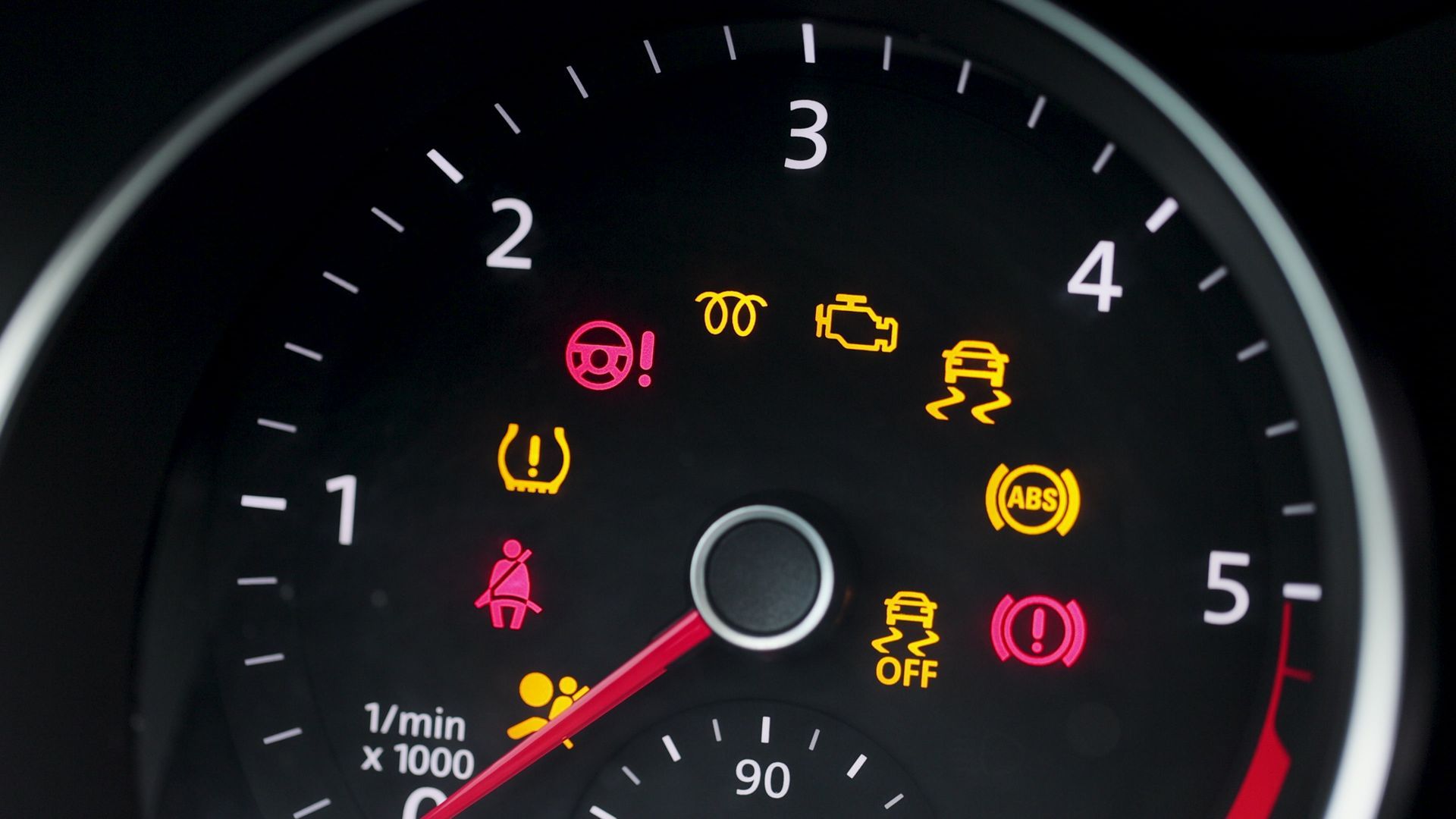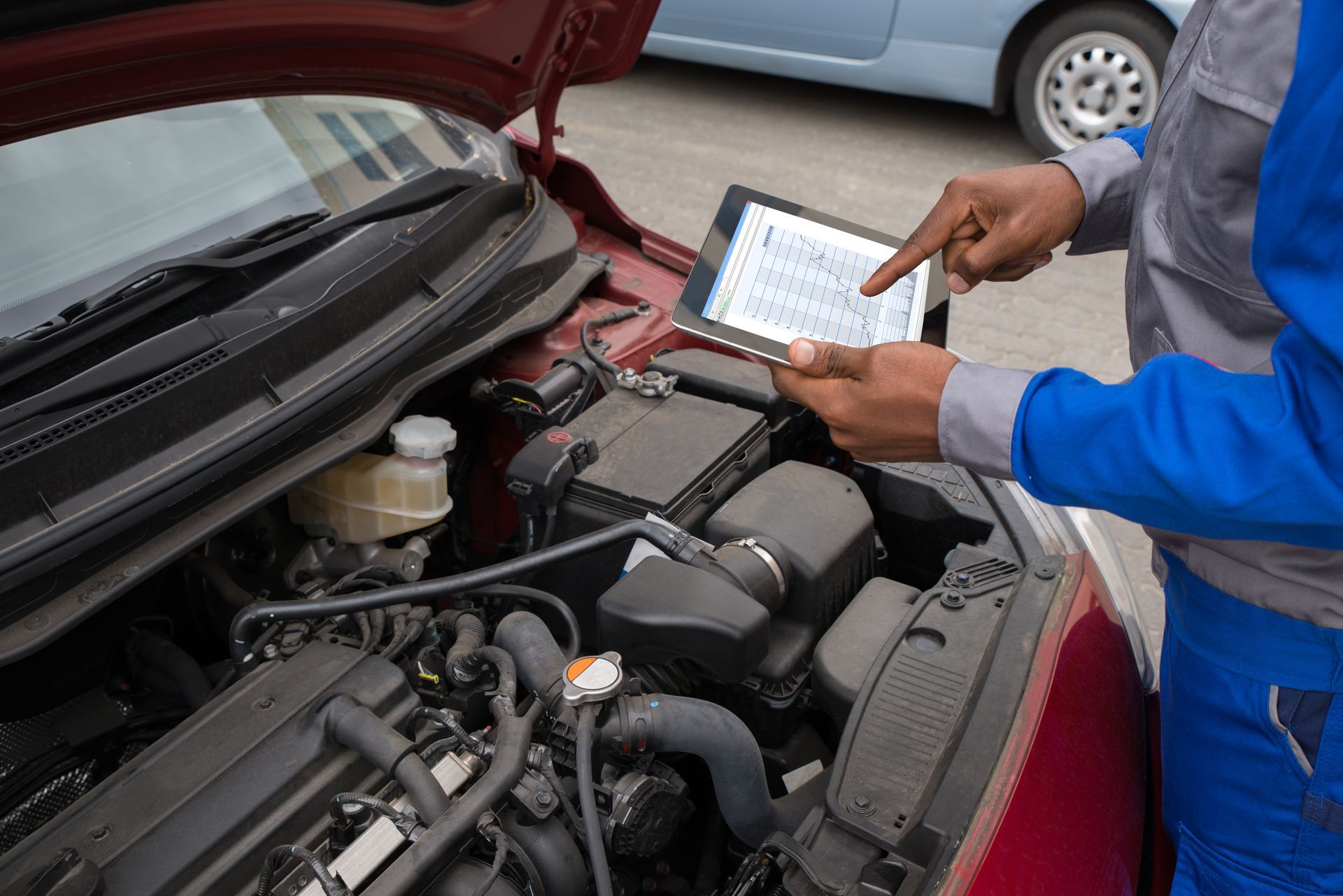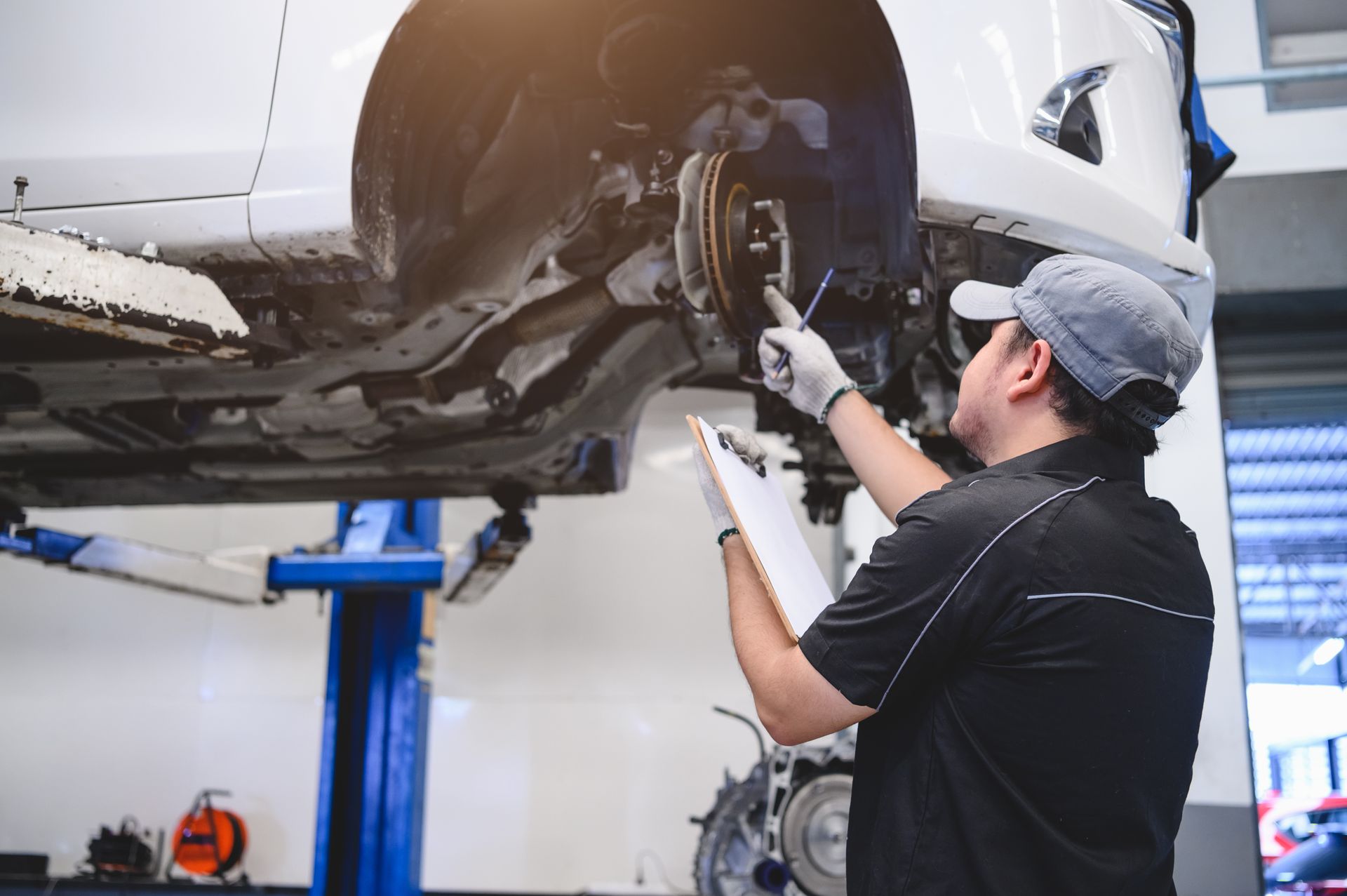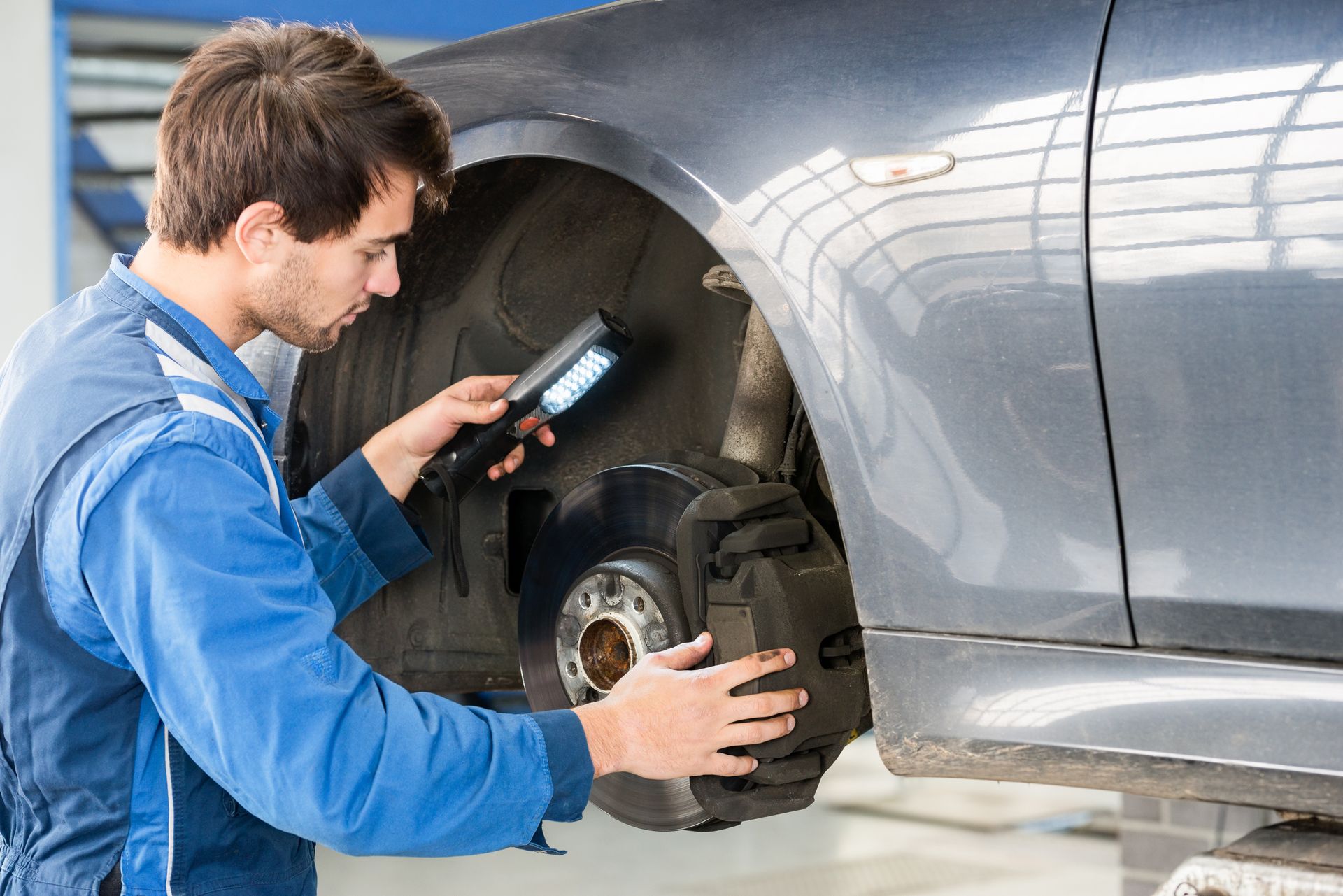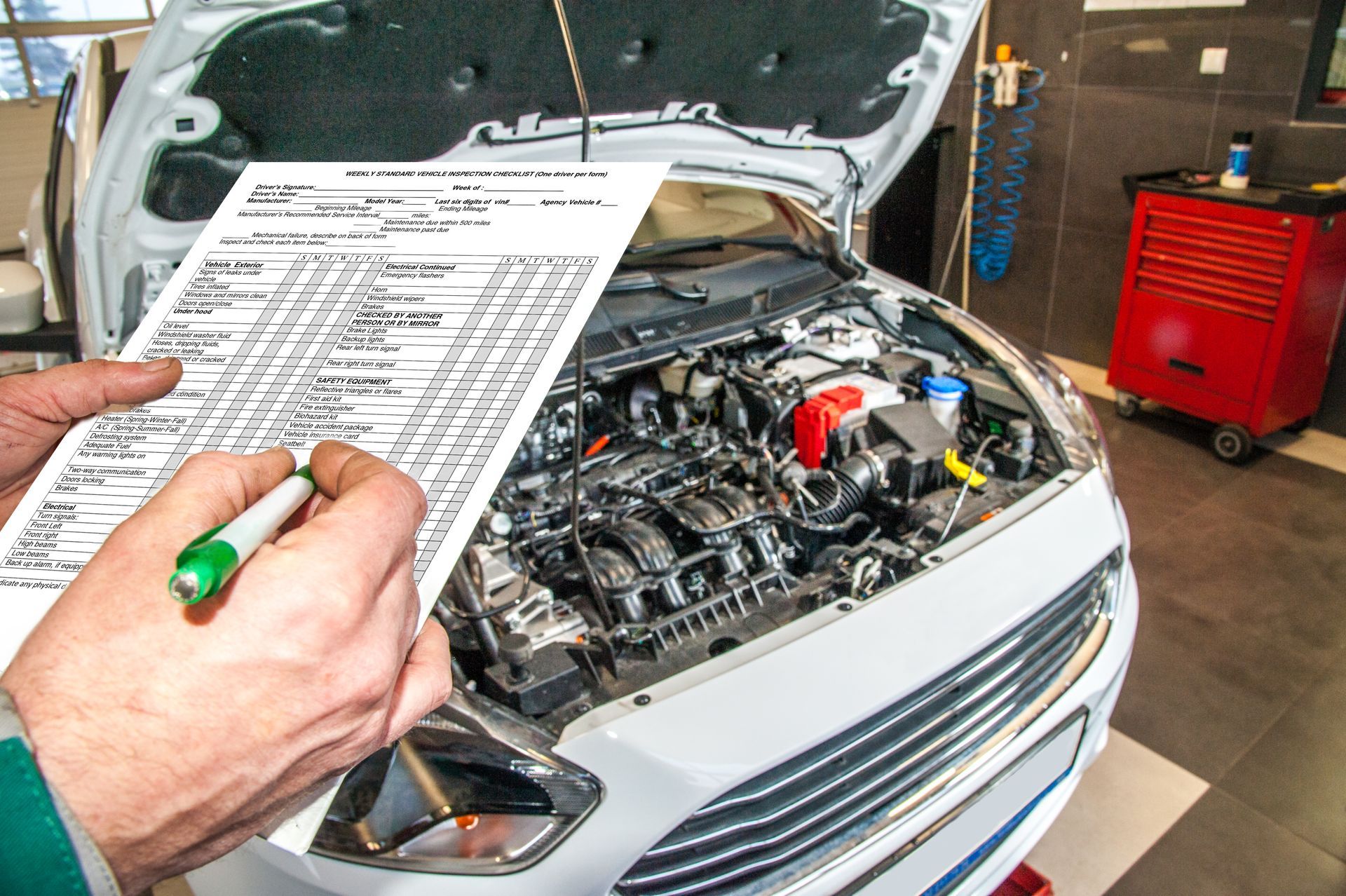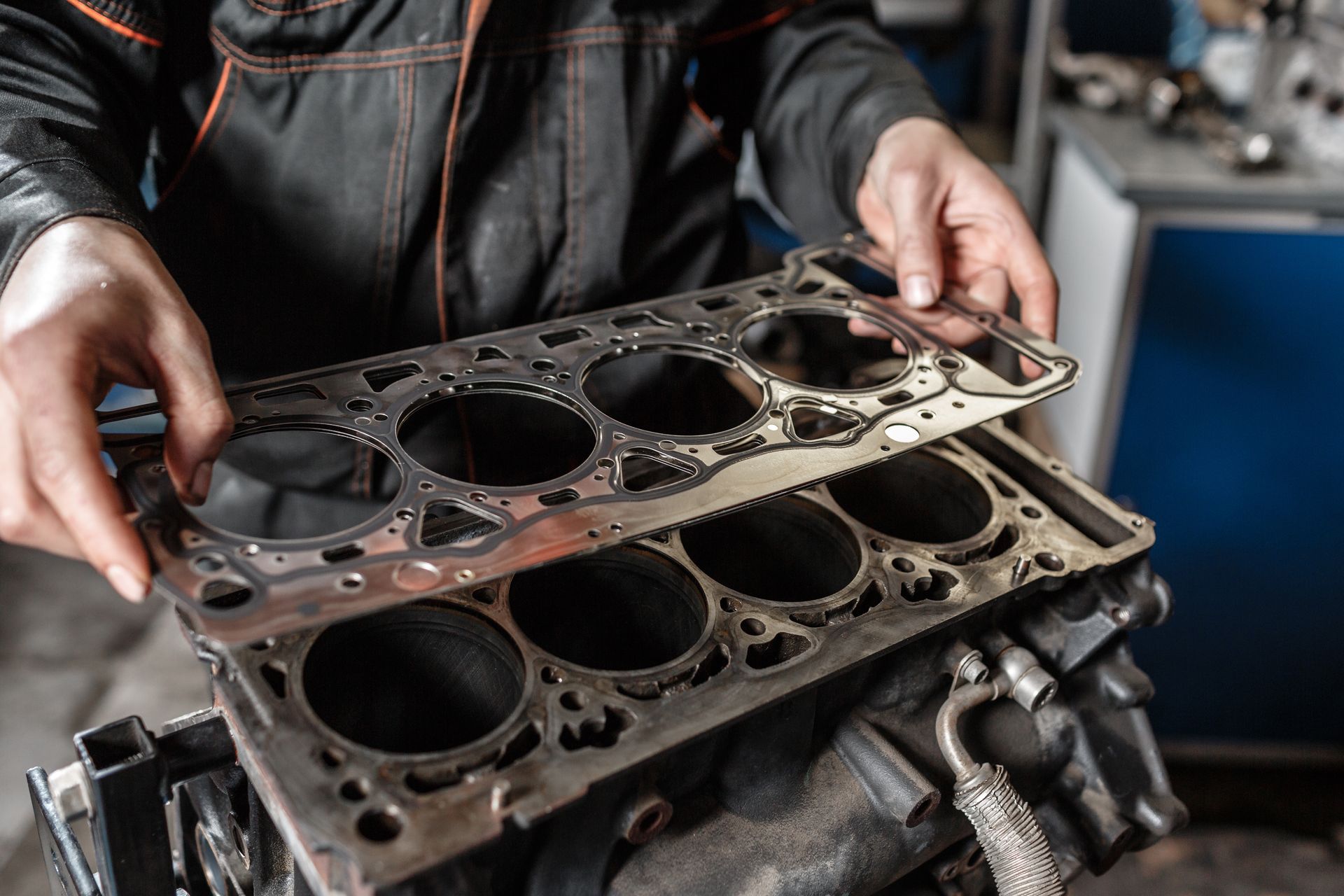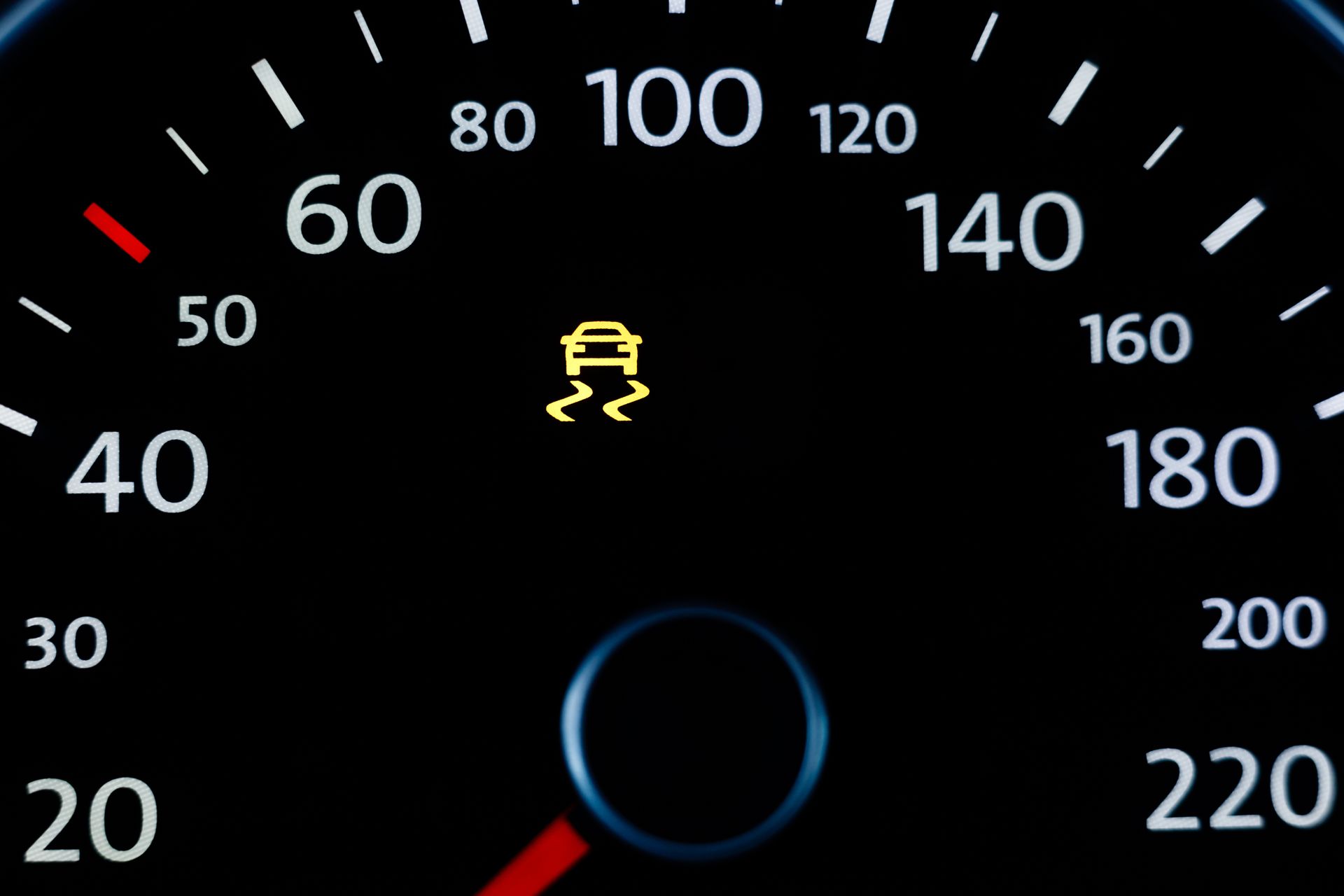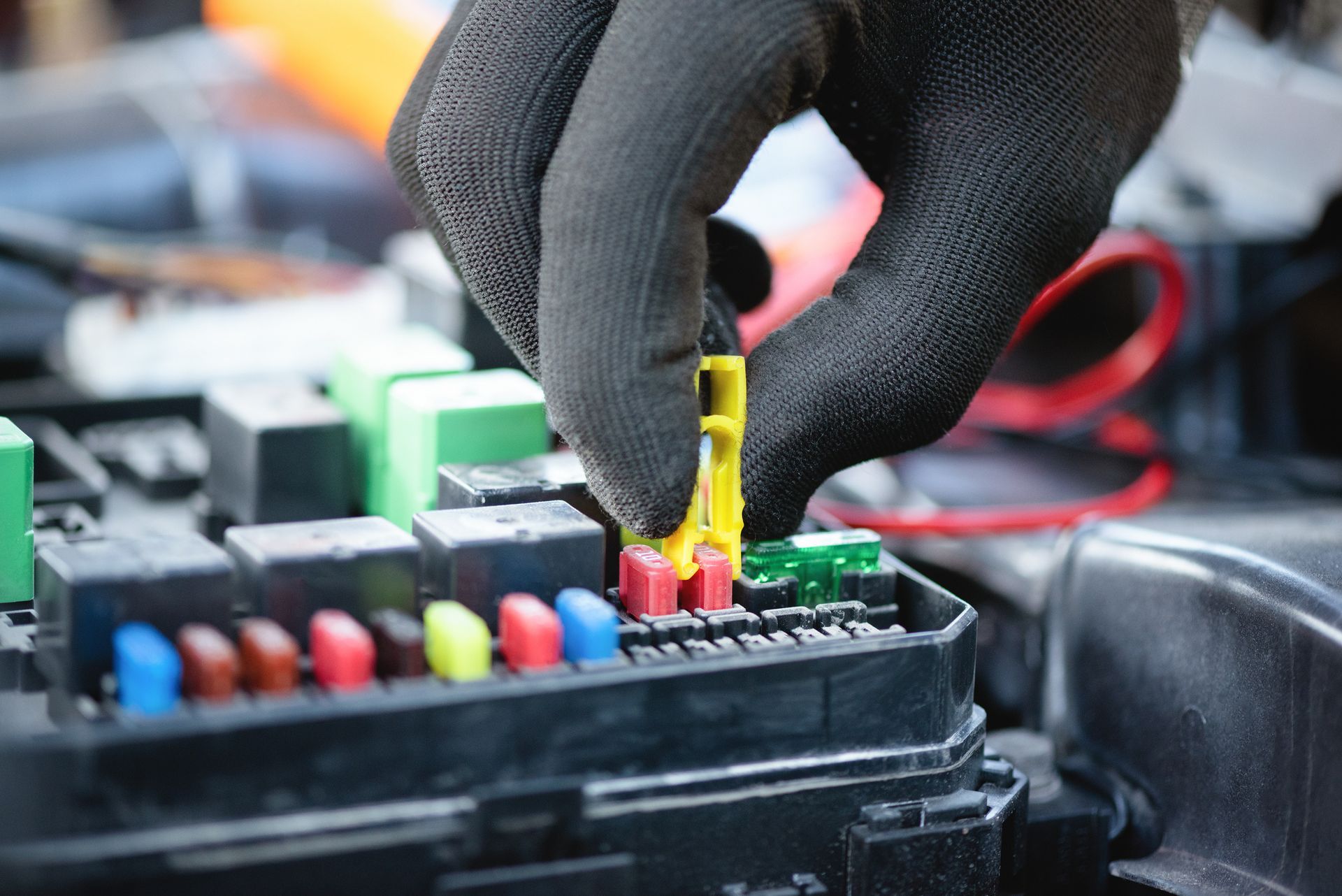Mold growth in your vehicle’s air conditioning system is more common than most drivers realize. Warm climates, frequent use of the A/C, and leftover moisture inside the system all create the perfect conditions for mold or mildew to thrive. The result is usually a musty smell when you turn on the air, especially after the car has been sitting for a while.
This isn’t just an unpleasant odor. Mold spores can circulate through the cabin and aggravate allergies, trigger headaches, or cause respiratory irritation. In some cases, long-term exposure may even pose health risks, particularly for people with asthma or compromised immune systems.
How Moisture Gets Trapped in the System
The main reason mold forms in the A/C system is trapped condensation. When you run your air conditioning, the evaporator inside the system gets very cold. As warm air passes over it, moisture condenses and drains out of the car through a drain tube. But if that moisture doesn't fully evaporate or drain, it can linger inside the airbox.
Moisture tends to stay behind when:
- The drain tube is clogged or partially blocked
- The A/C is shut off right before the engine is turned off
- The car is parked in a humid environment without airflow
When these conditions are combined with organic material like pollen, leaves, or dust in the system, mold has everything it needs to grow.
How to Recognize Mold in the A/C
You may already suspect mold if your car smells musty. But there are a few other signs to watch for:
- Airflow smells stale or earthy when the A/C is on
- Your allergies worsen when driving, even with windows up
- Passengers complain of scratchy throats or sinus irritation
- The smell fades while driving but returns after the car has been off for a while
While mold is usually not visible from the cabin, it can build up inside the evaporator core or on the surfaces of the ducts. This is why smells often linger and why air fresheners only cover up the issue temporarily.
Tips to Prevent Mold Growth in Your Car’s A/C
There are a few simple steps you can take to reduce the chances of mold forming in the first place:
1. Run the fan after turning off the A/C
Before parking, switch off the A/C but leave the fan blowing for a few minutes. This helps dry out any remaining moisture on the evaporator and clears out the ducts.
2. Keep your cabin air filter clean
A dirty or clogged cabin air filter traps moisture, dust, and organic matter—all of which promote mold growth. Replace it every 12,000 to 15,000 miles or as recommended by your vehicle’s manufacturer.
3. Check for blocked drain tubes
If water is pooling under your dash or your carpet feels damp after using the A/C, your drain line might be clogged. Clearing it prevents water from building up inside the airbox.
4. Avoid recirculating mode in humid weather
Using the fresh air setting allows better airflow and prevents humidity from accumulating inside the system. Recirculation traps moisture and can lead to faster mold growth.
5. Clean the system with professional-grade products
We offer A/C system cleaning or decontamination services. These treatments kill mold and bacteria inside the ducts and evaporator housing, restoring clean airflow without tearing the system apart.
Why Mold Shouldn’t Be Ignored
It’s easy to overlook mold in your car’s A/C system until it becomes unbearable. But the longer the mold is allowed to grow, the more difficult it is to remove. Not only does it damage the components it touches, but it can also reduce the efficiency of your system and eventually require a full evaporator core replacement.
More importantly, if you or your passengers are experiencing headaches, sinus irritation, or allergy-like symptoms only when driving, mold is a likely cause. Dealing with it early protects both your vehicle and your health.
Breathe Easy with Matics Auto Repair in Port Charlotte, FL
If your car has a musty smell or you suspect mold in the A/C, don’t put off having it checked. At
Matics Auto Repair in Port Charlotte, FL, we offer air conditioning inspections, drain line cleaning, and cabin filter replacements to keep your vehicle fresh and safe. Let our team help you eliminate mold before it causes bigger problems. Book your A/C system check today.

